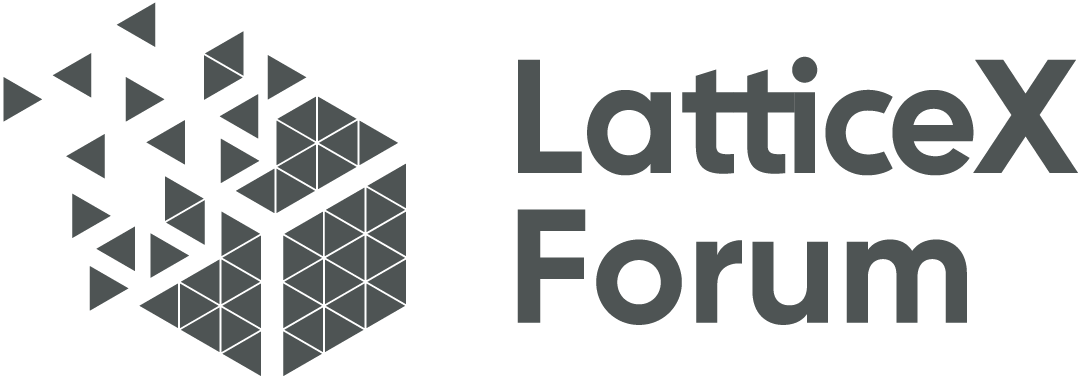The Impact of Blockchain on the Accounting Industry(PlatON)
-
Disrupting traditional accounting methods
There are many problems with traditional financial positions, one is relying on experience, the other is mechanical, repetitive, and diverse, and the third is easy to perpetuate errors. Blockchain technology effectively solves these problems. The core of blockchain is distributed accounting, which is characterized by no central organization for management and relies solely on each node to establish and record information. Blockchain utilizes distributed accounting technology to centrally maintain databases, thereby improving data security. Once consensus is reached, the ledger is automatically updated, greatly reducing repetitive mechanical work and avoiding traditional manual continuity errors. With the rapid development of information technology, blockchain technology has been increasingly applied in the financial field, and its technology is becoming increasingly mature and stable. In traditional business societies, it is necessary to protect the sanctity and inviolability of private property through laws, while from the perspective of blockchain, pledge can be achieved by relying on blockchain and smart contracts. -
Improved financial work efficiency
Under blockchain operation, the system will automatically review relevant data such as original vouchers, and the storage of corresponding original vouchers can be completed on the chain, effectively reducing the workload of auditors, saving a lot of time, reducing related costs, and adopting a new sampling method to provide fully traceable audit clues. Through this approach, enterprises store all transactions in one block and utilize irreversibility and time stamps to ensure their internal financial situation, greatly accelerating and simplifying workflow and improving work efficiency. -
Reduced financial costs
Blockchain technology reduces intermediate links from existing processes, achieving the goal of simplifying transactions. In this way, companies can reduce costs. Under blockchain technology, all network participants operate through network nodes to achieve direct transactions between points, replacing third-party intermediary trust institutions that rely on both or multiple parties, and avoiding management risks such as credit, clearing, and information leakage during the transaction process. Direct peer-to-peer transactions can effectively reduce the transaction costs of funds running back and forth between multiple intermediary institutions, thereby lowering financial costs. -
Ensuring the accuracy of accounting information
Blockchain connects centralized distributed storage, writing business processes and permission controls into smart contracts. During the contract signing process, the supplier information chain is publicly transparent, and the contract is encrypted and transmitted, all of which contain the characteristics of blockchain distributed storage, traceability, and tamper resistance. Moreover, the decentralized nature of blockchain can effectively prevent data loss caused by unexpected situations in traditional central servers, ensuring the accuracy and authenticity of accounting information.
